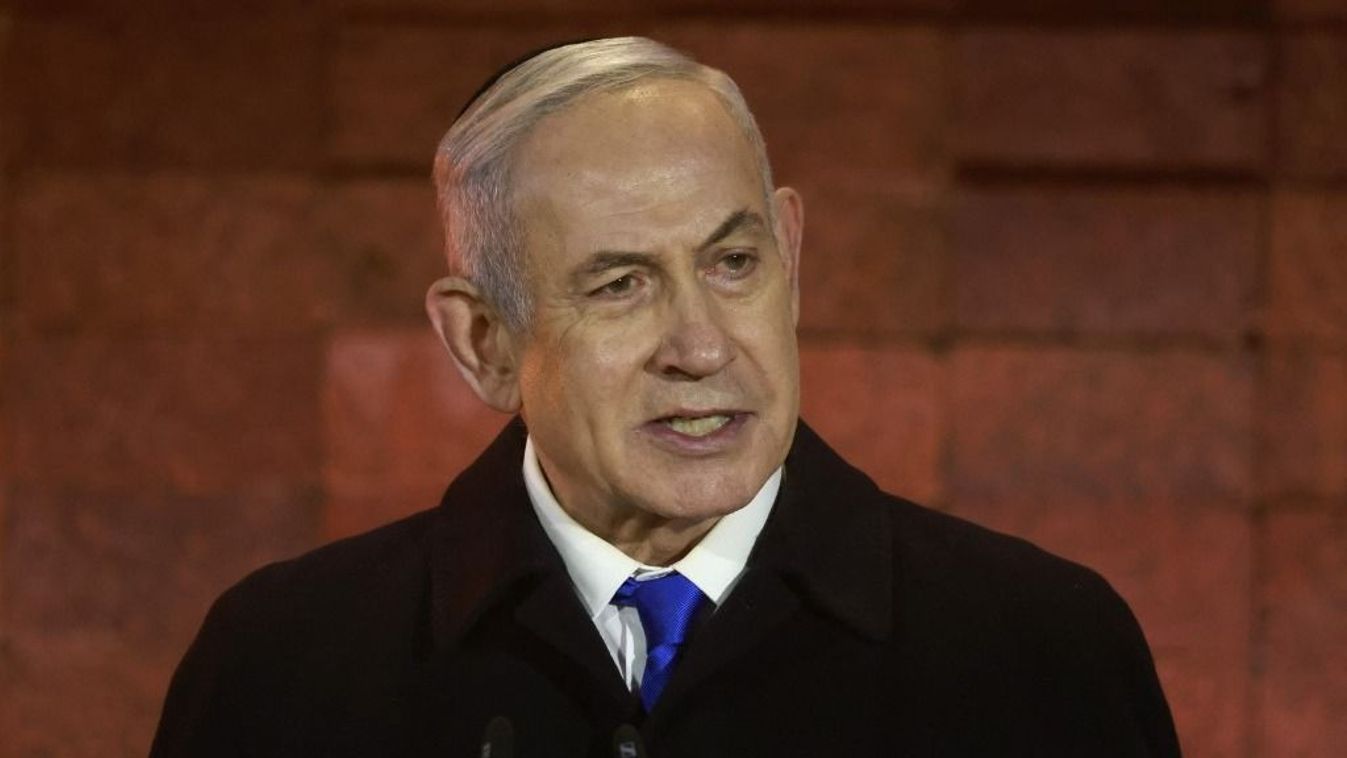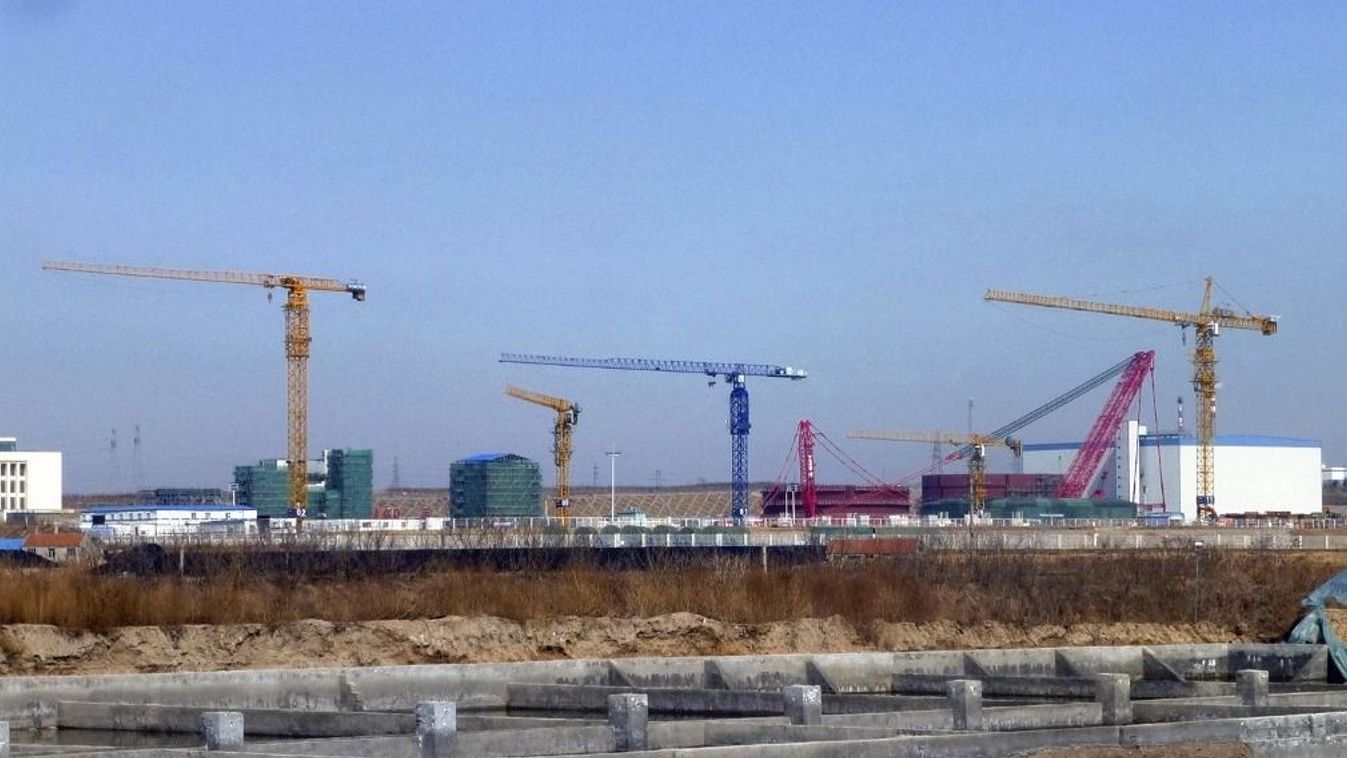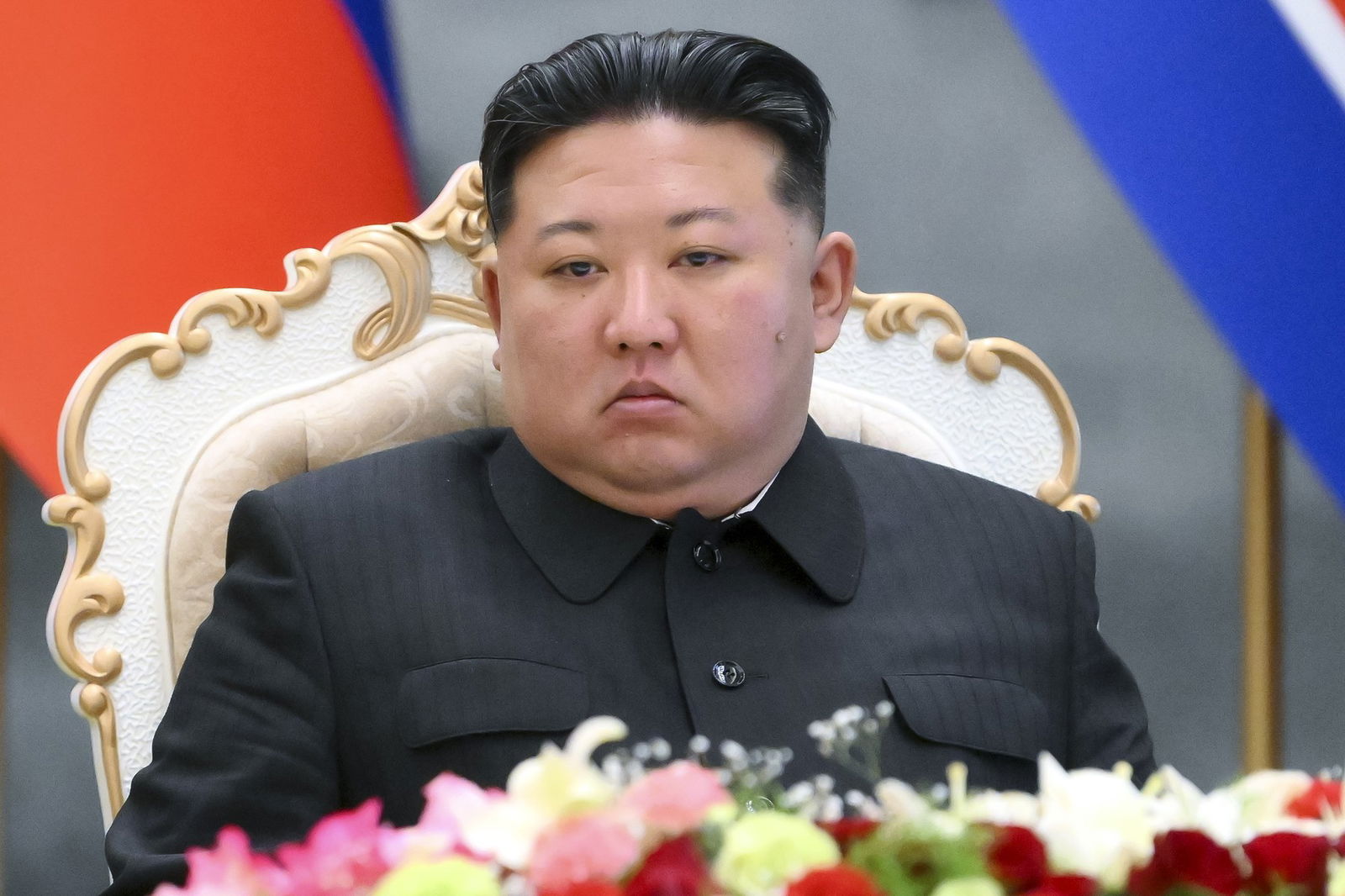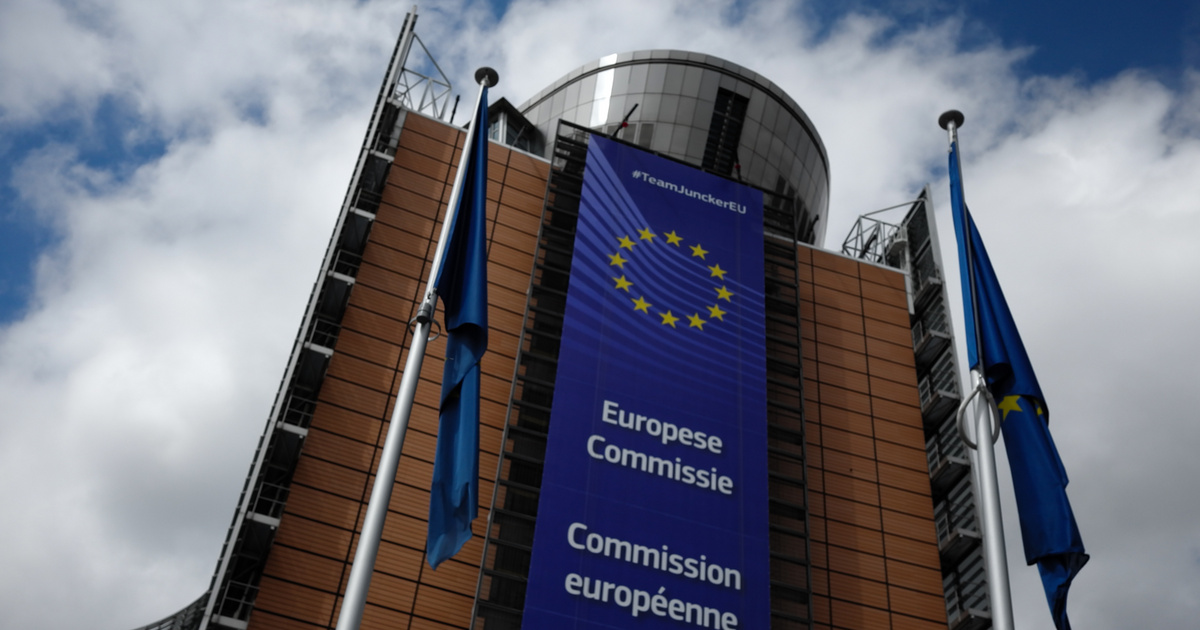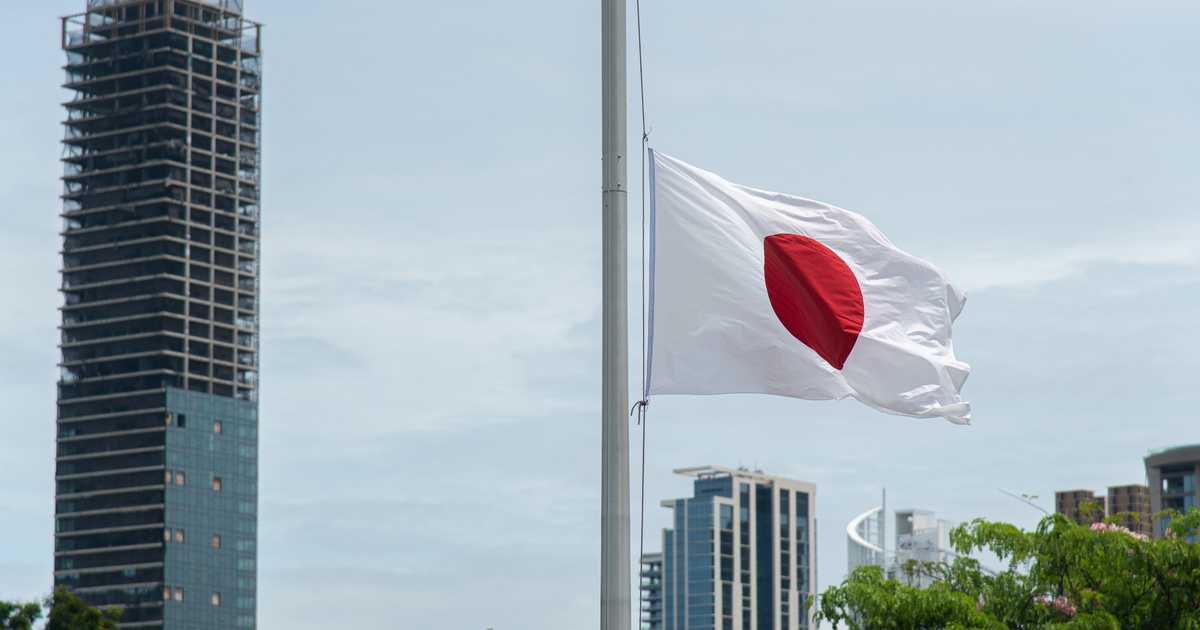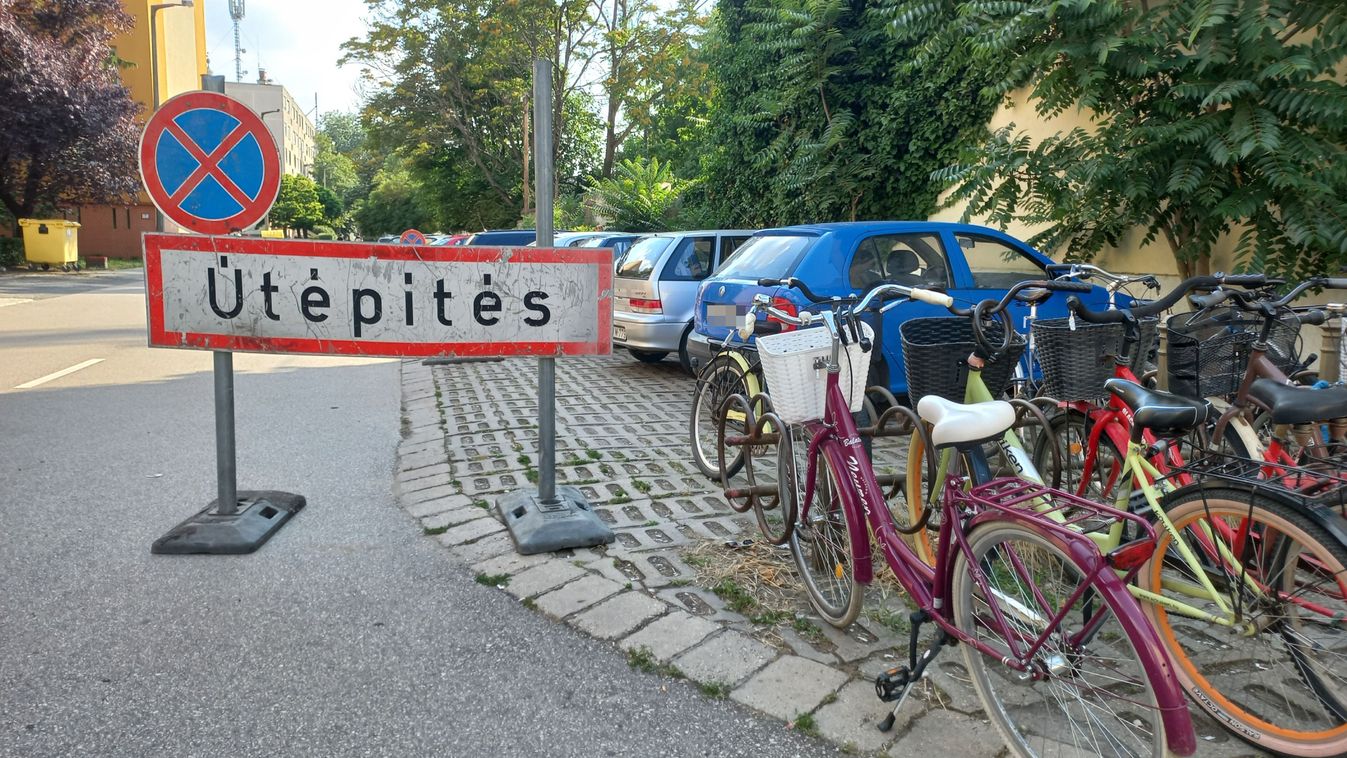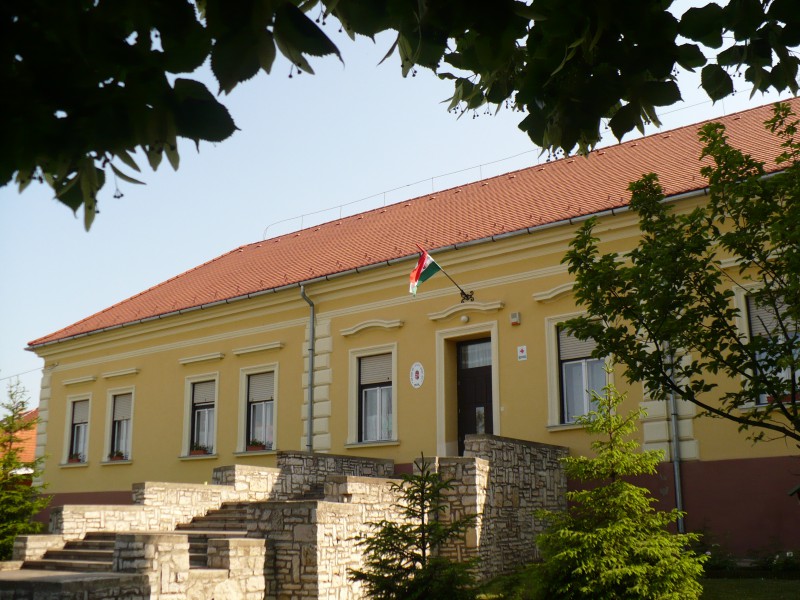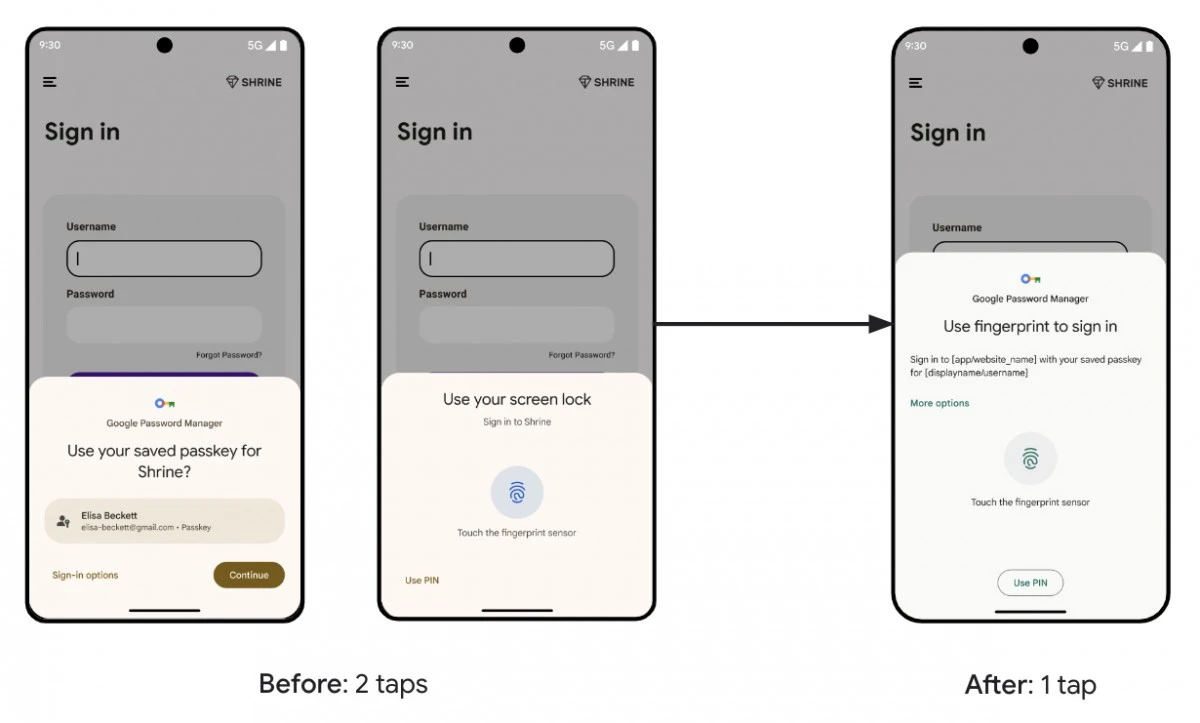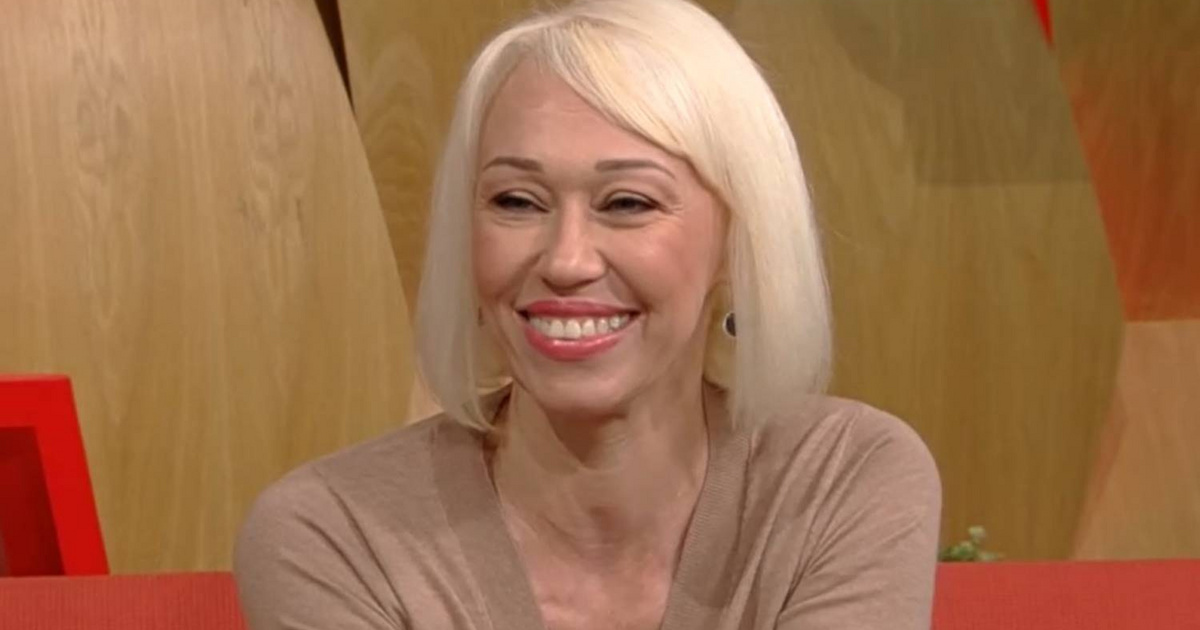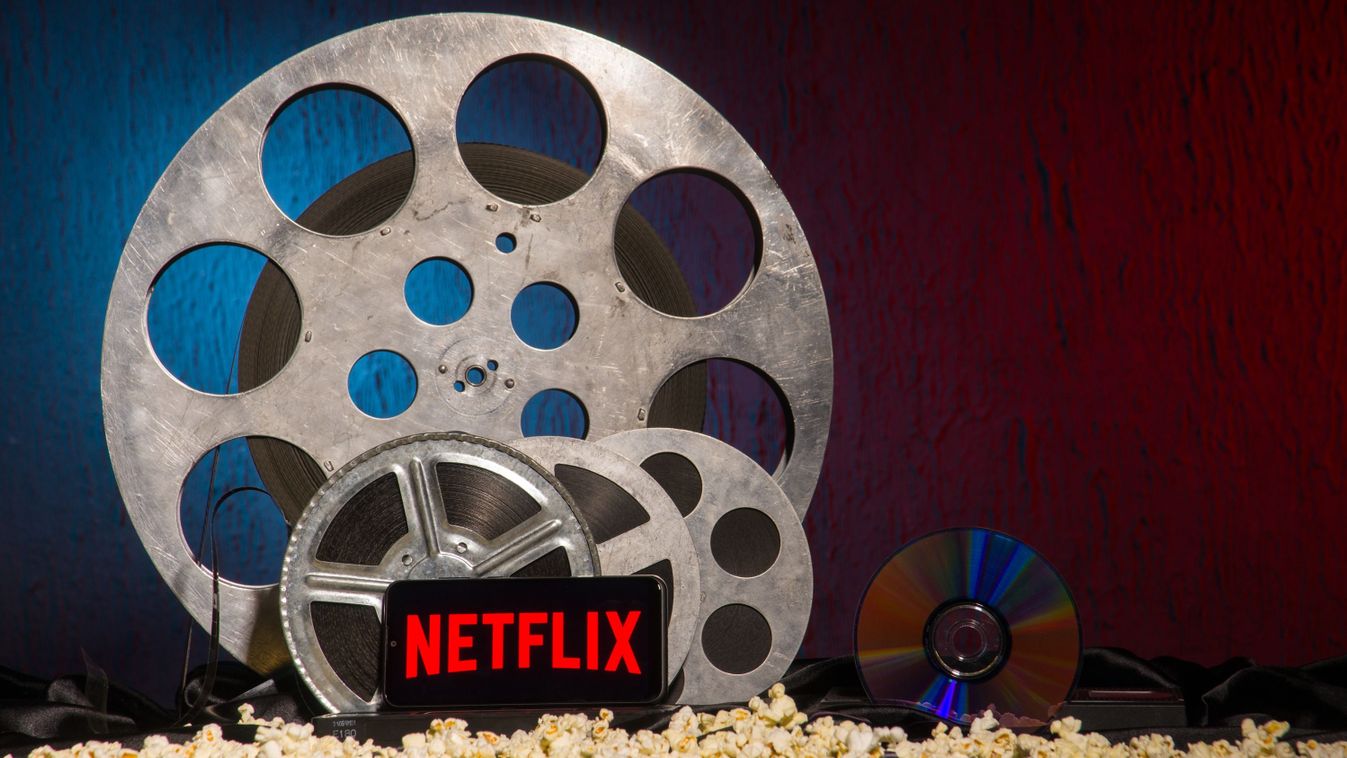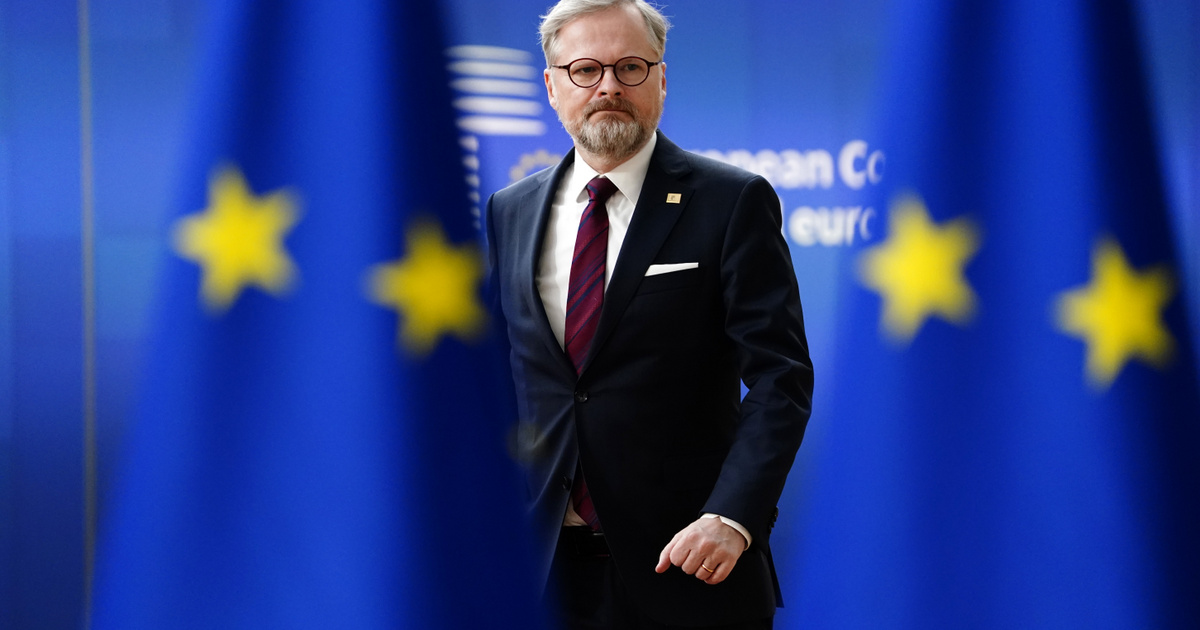The Czech Republic has reported that a Russian propaganda network is operating in the European Union, aiming to prevent support for Ukraine. In order to achieve this goal, European politicians allegedly received Russian money, A.S. reported DrIt is the standard.
The Czech government added the operators of the Voice of Europe website to the list of national sanctions against Russia. The site is said to be part of a Russian influence operation aimed at questioning Ukraine's territorial integrity, sovereignty and freedom.
The one behind the site is Viktor Medvedchuk, who currently lives in Moscow, and is a Ukrainian opposition/oligarchy politician who was stripped of his citizenship and parliamentary mandate. Medvedchuk is considered a close associate of Russian President Vladimir Putin, and according to the ministry's report, he has personally been added to the sanctions list. With this decision, the Czech government will contribute to protecting democratic processes before the European Parliament elections in June.
Also available in German voiceofeurope.com The website operating company is registered in Prague. He is also active on social media networks such as Facebook and the X platform, with more than 180,000 followers following him on the latter.
Hungarian politicians can also get money
the Voice of Europe It has also previously been run in Austria: in June 2023, one of the medium's camera crew filmed the film International peace summit in Ukraine In the event. Citing information from the Denik N portal, the German newspaper reported that the influential network also delivered cash to politicians during their visits to Prague.
German, French, Polish, Belgian, Dutch and Hungarian politicians are said to have been among them. The Alternative for Germany (AfD) party also participated.
Some European politicians who worked for the news portal allegedly received Russian money, which in some cases also covered campaign costs for the European Parliament elections in June. The news site published statements by politicians in which they called on the European Union to stop its aid to Ukraine.
Referring to the Der Spiegel report, the newspaper says that the money was either delivered in cash during in-person meetings in Prague or transferred via cryptocurrency. A six-figure sum of Euros was spent on this and on running the portal. Czech Prime Minister Peter Fiala confirmed that according to his information, Czech politicians or citizens are not involved in the case.
Inclusion on the Voice of Europe sanctions list allows financial authorities to freeze the assets of those involved. Sanctioned persons are no longer allowed to enter the Czech Republic, and site activity has been frozen.

Comprehensive analyses, world-changing questions, and visions for the future in one volume.



